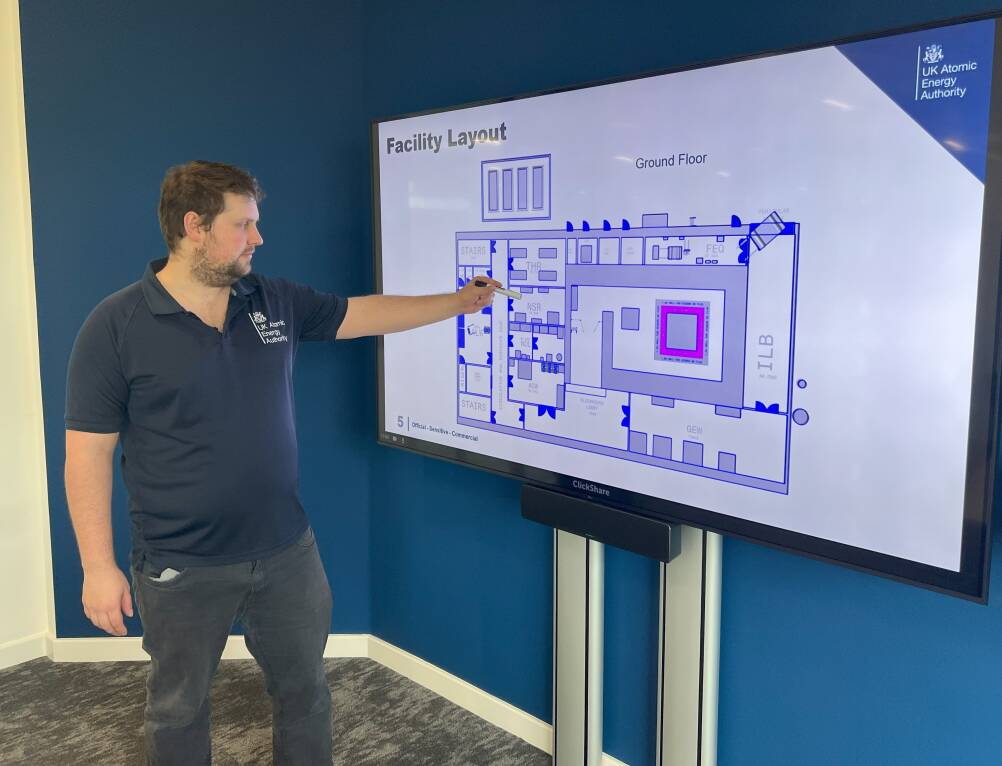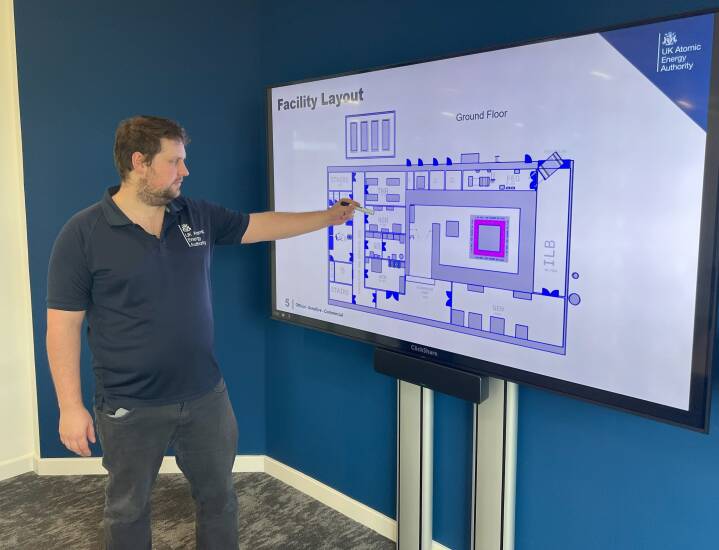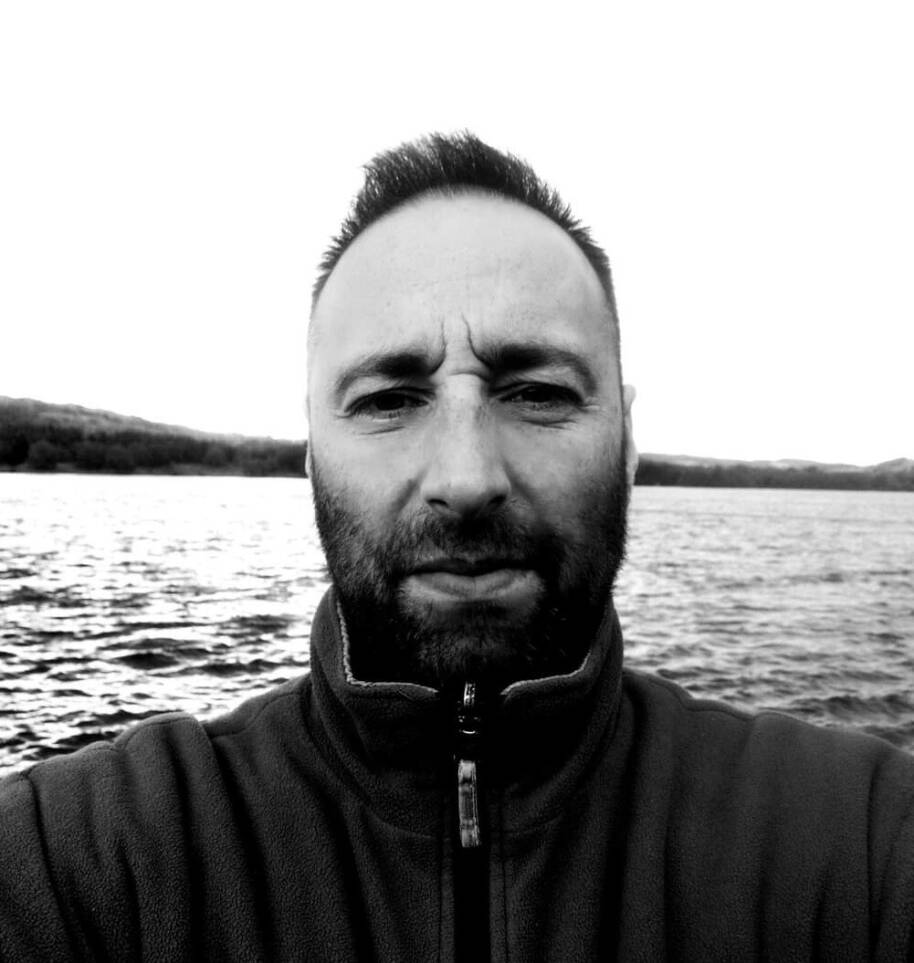
What is the biggest challenge for the LIBRTI programme?
The biggest challenge lies in delivering at the speed and scale required. Fusion research is inherently complex, with layers of unknowns, and LIBRTI aims to accelerate progress. This fast-paced approach isn’t just a technical challenge; it requires aligning the entire organisation to a shared sense of urgency. Centralised functions, divided priorities, and differing work rhythms within the broader organisation can make it hard to maintain momentum. Balancing ambition with the realities of cross-functional collaboration has been an intense but rewarding learning experience.
Fusion is famously difficult. Why is it so challenging, and why is LIBRTI so important?
Fusion is difficult because it’s uncharted territory. It’s essentially large-scale R&D, trying to achieve something that was once considered science fiction. very answer we uncover raises more questions, making it both exhilarating and daunting. Unlike traditional engineering problems, there’s no clear roadmap.
The LIBRTI programme plays a critical role by taking incremental steps towards understanding fusion. It’s not about building a full-scale fusion machine but creating the tools and experiments necessary to address foundational questions. By focusing on developing optimal methods to breed tritium within lithium blankets, for instance, LIBRTI lays the groundwork for future advancements in fusion technology.
How does your team reflect your personality?
y team reflects my belief in balance and collaboration. While I value individuals who share my drive to step outside their comfort zones and embrace challenges, I’ve intentionally built a diverse team. We have a mix of personalities, from high-energy go-getters to detail-oriented planners, ensuring we don’t fall into groupthink. Everyone on the team understands that success depends on working together and helping each other through challenges, regardless of their specific role or expertise. This unity and mutual support are critical in such a complex programme.
I foster a culture of accountability and cooperation. Everyone understands that success is collective—we either win together or fail together. That cohesion is what drives results.
What does the future hold for you, your team, and LIBRTI?
My personal ambition is to keep building—teams, solutions, and innovative pathways for complex challenges. For the team, it’s about becoming a benchmark for excellence in fusion projects, not just in terms of output but in how we work together. For LIBRTI, success means delivering a flexible, operational facility capable of supporting a wide range of experiments. This facility will enable us to generate the data and models necessary to guide the next steps in fusion research.
Fusion has to be an international effort, and my hope is that the UKAEA continues to lead in this space, bringing together global collaboration and innovation. My ultimate goal is to leave a lasting impact—not just in delivering projects but in fostering a culture of adaptability, collaboration, and resilience among the next generation of engineers and scientists.
Can you introduce yourself and your journey to working at UKAEA?
I’m Aaron Dennett, my journey UKAEA has been anything but conventional. My career began at the age of 16 when I joined the Royal Air Force as an apprentice avionics technician. Over seven years, I gained extensive hands-on experience with aircraft maintenance, primarily on Chinook helicopters, and completed deployments in Afghanistan. After leaving the RAF, I transitioned into contracting roles, including a stint with British Airways and working abroad in Saudi Arabia.
In the hunt for a more stable career, I joined UKAEA in August 2018, initially as a contractor. Within six months, I transitioned to a permanent position, quickly realising the vast potential to make an impact. My initial role was more
hands-on, dealing with safety and security systems, but it quickly evolved to encompass design and leadership responsibilities. This hybrid of technical and managerial work has been a hallmark of my time here.
Why LIBRTI? What about the programme inspired you?
When the LIBRTI programme came up, it was exactly the kind of challenge I thrive on. LIBRTI represents the future of fusion research, and being part of it is incredibly exciting. I’m driven by opportunities to step out of my comfort zone and tackle ambitious goals. LIBRTI was the perfect next step in my career for me. I told my line manager, ‘Get me out of my comfort zone.’ LIBRTI has certainly delivered on that!
The programme’s importance lies in its role as a stepping stone for global fusion development. It’s not just about one experiment—it’s about enabling the future by tackling some of the most complex design and engineering challenges. I’ve always thrived in operational, fast-paced environments. My supervisor understood that and presented LIBRTI as an opportunity to push myself while shaping a new, impactful programme from the ground up.
At the heart of UKAEA’s groundbreaking LIBRTI Programme is Aaron Dennett, Facility Lead, whose extraordinary journey has shaped his approach to leading this ambitious project. From his early days in the Air Force to shaping one of the most innovative initiatives in fusion energy, Aaron exemplifies resilience, curiosity, and a commitment to excellence.
Why LIBRTI? What about the programme inspired you?
When the LIBRTI programme came up, it was exactly the kind of challenge I thrive on. LIBRTI represents the future of fusion research, and being part of it is incredibly exciting. I’m driven by opportunities to step out of my comfort zone and tackle ambitious goals. LIBRTI was the perfect next step in my career for me. I told my line manager, ‘Get me out of my comfort zone.’ LIBRTI has certainly delivered on that!
The programme’s importance lies in its role as a stepping stone for global fusion development. It’s not just about one experiment—it’s about enabling the future by tackling some of the most complex design and engineering challenges. I’ve always thrived in operational, fast-paced environments. My supervisor understood that and presented LIBRTI as an opportunity to push myself while shaping a new, impactful programme from the ground up.

What is the biggest challenge for the LIBRTI programme?
The biggest challenge lies in delivering at the speed and scale required. Fusion research is inherently complex, with layers of unknowns, and LIBRTI aims to accelerate progress. This fast-paced approach isn’t just a technical challenge; it requires aligning the entire organisation to a shared sense of urgency. Centralised functions, divided priorities, and differing work rhythms within the broader organisation can make it hard to maintain momentum. Balancing ambition with the realities of cross-functional collaboration has been an intense but rewarding learning experience.
Fusion is famously difficult. Why is it so challenging, and why is LIBRTI so important?
Fusion is difficult because it’s uncharted territory. It’s essentially large-scale R&D, trying to achieve something that was once considered science fiction. very answer we uncover raises more questions, making it both exhilarating and daunting. Unlike traditional engineering problems, there’s no clear roadmap.
The LIBRTI programme plays a critical role by taking incremental steps towards understanding fusion. It’s not about building a full-scale fusion machine but creating the tools and experiments necessary to address foundational questions. By focusing on developing optimal methods to breed tritium within lithium blankets, for instance, LIBRTI lays the groundwork for future advancements in fusion technology.
How does your team reflect your personality?
y team reflects my belief in balance and collaboration. While I value individuals who share my drive to step outside their comfort zones and embrace challenges, I’ve intentionally built a diverse team. We have a mix of personalities, from high-energy go-getters to detail-oriented planners, ensuring we don’t fall into groupthink. Everyone on the team understands that success depends on working together and helping each other through challenges, regardless of their specific role or expertise. This unity and mutual support are critical in such a complex programme.
I foster a culture of accountability and cooperation. Everyone understands that success is collective—we either win together or fail together. That cohesion is what drives results.
What does the future hold for you, your team, and LIBRTI?
My personal ambition is to keep building—teams, solutions, and innovative pathways for complex challenges. For the team, it’s about becoming a benchmark for excellence in fusion projects, not just in terms of output but in how we work together. For LIBRTI, success means delivering a flexible, operational facility capable of supporting a wide range of experiments. This facility will enable us to generate the data and models necessary to guide the next steps in fusion research.
Fusion has to be an international effort, and my hope is that the UKAEA continues to lead in this space, bringing together global collaboration and innovation. My ultimate goal is to leave a lasting impact—not just in delivering projects but in fostering a culture of adaptability, collaboration, and resilience among the next generation of engineers and scientists.
Can you introduce yourself and your journey to working at UKAEA?
I’m Aaron Dennett, my journey UKAEA has been anything but conventional. My career began at the age of 16 when I joined the Royal Air Force as an apprentice avionics technician. Over seven years, I gained extensive hands-on experience with aircraft maintenance, primarily on Chinook helicopters, and completed deployments in Afghanistan. After leaving the RAF, I transitioned into contracting roles, including a stint with British Airways and working abroad in Saudi Arabia.
In the hunt for a more stable career, I joined UKAEA in August 2018, initially as a contractor. Within six months, I transitioned to a permanent position, quickly realising the vast potential to make an impact. My initial role was more hands-on, dealing with safety and security systems, but it quickly evolved to encompass design and leadership responsibilities. This hybrid of technical and managerial work has been a hallmark of my time here.
At the heart of UKAEA’s groundbreaking LIBRTI Programme is Aaron Dennett, Facility Lead, whose extraordinary journey has shaped his approach to leading this ambitious project. From his early days in the Air Force to shaping one of the most innovative initiatives in fusion energy, Aaron exemplifies resilience, curiosity, and a commitment to excellence.
